
Motherhood Rewires the Brain: Why Postpartum Recovery Takes Years, Not Weeks
The notion that a woman should be able to “bounce back” just six weeks after giving birth is not only antiquated—it is also scientifically unfounded. Emerging research reveals that pregnancy triggers profound and lasting changes in a woman’s brain, with effects that can persist for two to six years or more. These changes alter memory function, regulate hormone balance, and reshape how her body manages stress.
Rather than indicating weakness or failure, these transformations reflect an extraordinary biological evolution designed to support caregiving, emotional connection, and survival. Brain-imaging studies have found that grey matter in many regions of the maternal brain actually shrinks, especially in areas associated with empathy, emotional regulation and the juggling of multiple tasks simultaneously. For example, one landmark MRI study showed widespread reductions in cortical grey-matter volume and cortical thickness across pregnancy and into the first two years postpartum. National Institutes of Health (NIH)+2Nature+2 Meanwhile, the brain’s white-matter microstructure (which supports neural communication) peaks in integrity during pregnancy and then returns toward baseline after childbirth. bbrfoundation.org+1 These neural changes appear to help new mothers respond quickly to baby-cues, stay vigilant to potential threats, and build deep emotional bonds.
But this rewiring comes with a cost. Many women report memory lapses (“baby brain”), mood swings and heightened sensitivity to stress. Rather than simply being a temporary weakness, these symptoms reflect the brain and nervous system being actively remodelled. Indeed, meta-analysis of cognitive studies found modest but consistent changes in verbal memory and attention in pregnant versus non-pregnant women. BioMed Central Although outward signs of recovery (such as healed tissue) may appear within weeks, the brain, body and nervous system are still engaged in a slow process of adaptation.
In truth, postpartum healing is not a sprint—it is a gradual unfolding. Understanding this extended timeline helps us have more compassionate, realistic conversations about motherhood, women’s mental health, and recovery. It isn’t about snapping back into pre-pregnancy form. It’s about allowing the brain, the body and the soul to realign with the incredible journey they have just experienced.
Motherhood does not simply begin at birth—it begins deep in the brain and continues to evolve for years to come.
Additional Notes & Sources:
-
A recent precision-imaging study found that grey-matter volume in the brain of one woman decreased by up to ~4–5% during her first pregnancy, with only partial rebound postpartum—particularly in social-cognition regions. UAB Barcelona+1
-
Researchers emphasise that these brain changes are not evidence of cognitive decline or “lesser” brain function; rather, they appear to be a fine-tuning of neural circuits, analogous in some ways to the brain changes seen during adolescence.
News in the same category

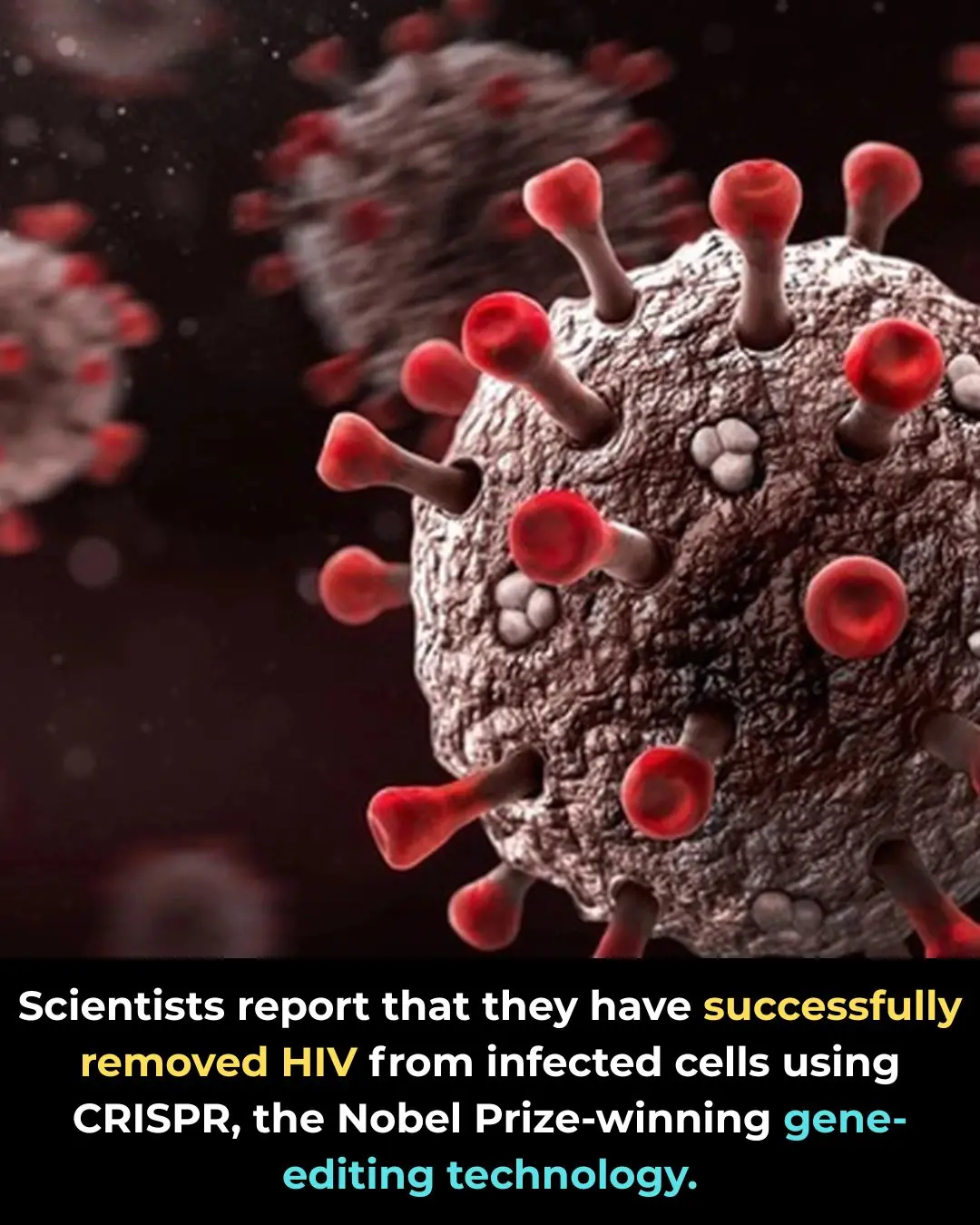
CRISPR Breakthrough Offers Hope for a Potential HIV Cure

Four Teens Risk Their Lives to Rescue Elderly Neighbor from Burning Home in Sapulpa

Sugar May Be a Bigger Threat to Heart Health Than Cholesterol, New Study Finds

Time Is an Illusion: Quantum Physics Suggests Every Moment Exists at Once

Beware of the Plastic Bottle Scam

Had no clue about this

For those who sleep with wet hair, you should know that…

Hidden Message Behind Finding a White Feather

Why We Can’t Sleep Without a Blanket Even on Hot Nights
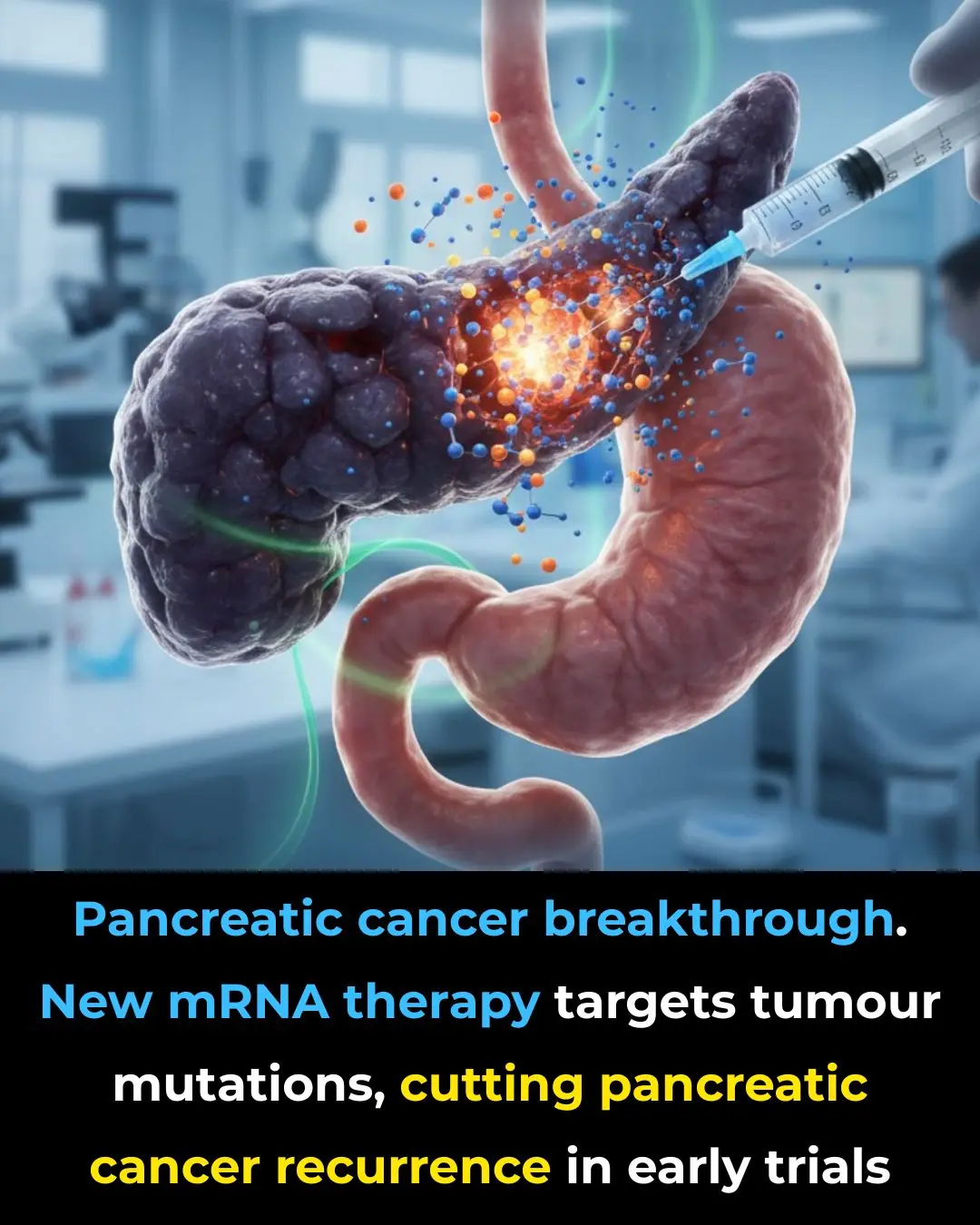
Revolutionary mRNA Therapy Shows Promise in Preventing Pancreatic Cancer Recurrence
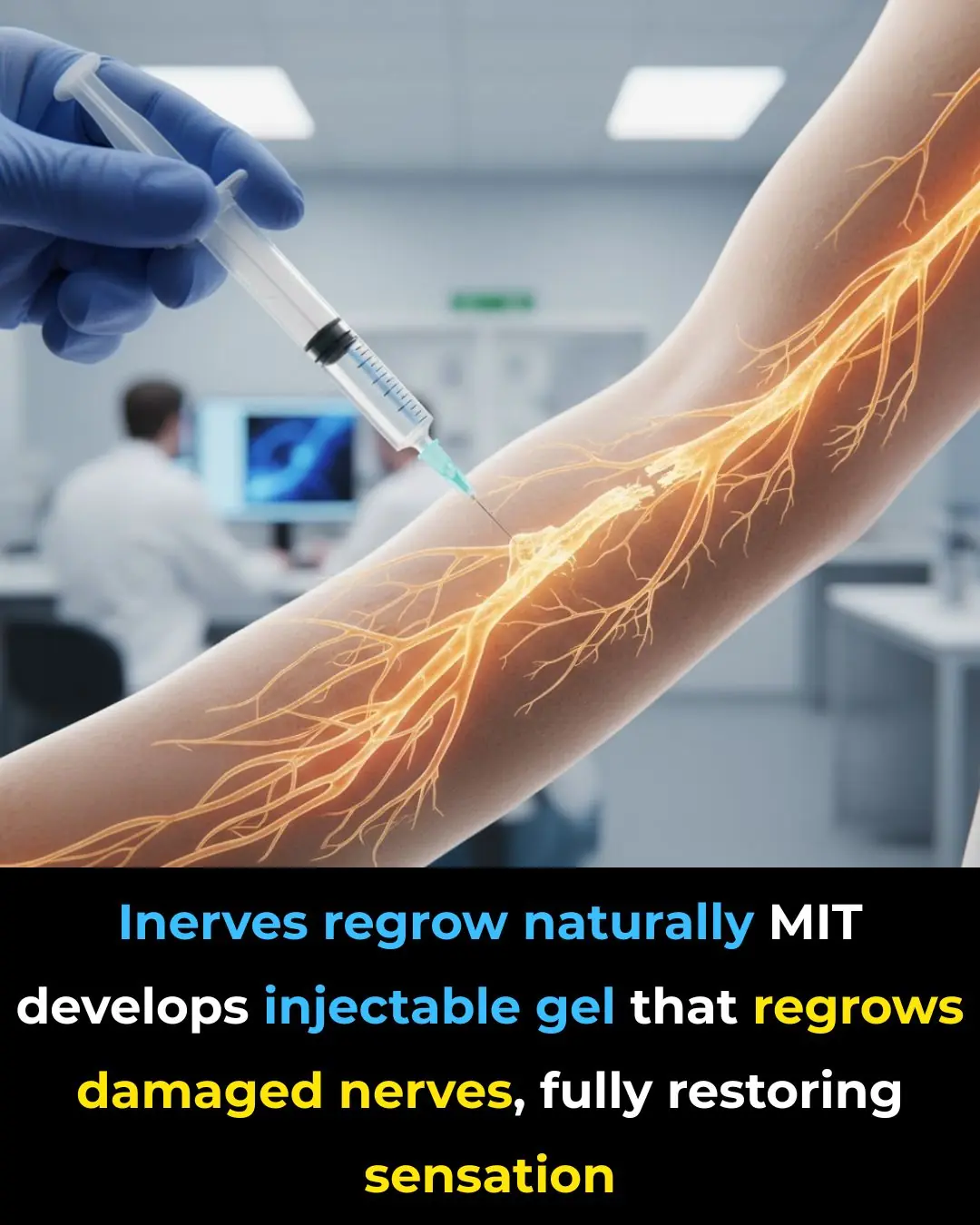
MIT Scientists Develop Injectable Gel That Can Fully Repair Nerves and Restore Sensation

A New Era of Computing: China’s Quantum Machine Surpasses the World’s Fastest Supercomputers
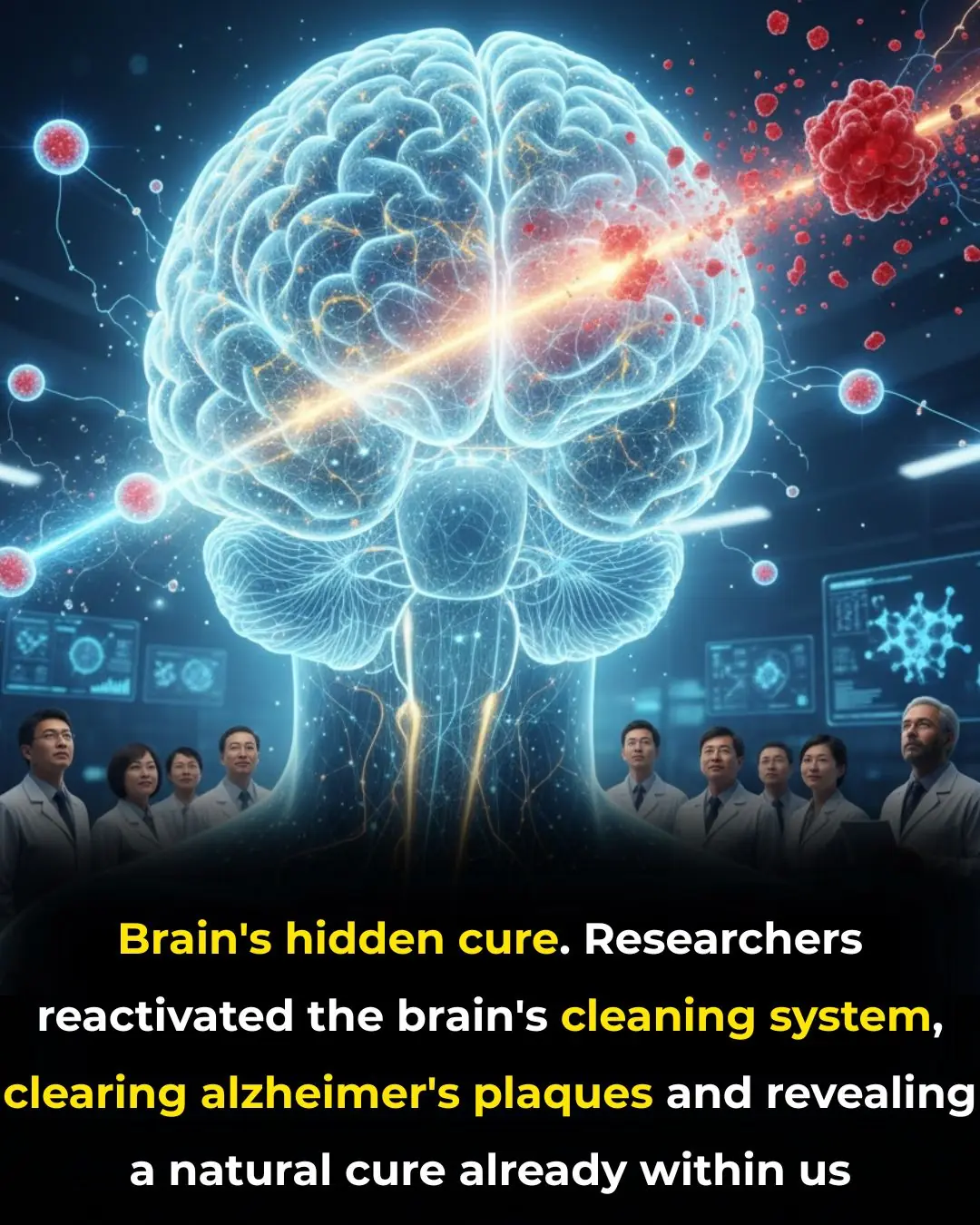
Reviving the Brain’s Waste-Clearing Pathways May Reverse Alzheimer’s Damage

New CRISPR Therapy Shows Promise in Removing HIV and Preventing Viral Rebound

Japanese Scientists Develop Drug That Could Regrow Human Teeth

White House Gives Major Update On Donald Trump's

What’s with the white paint on the tree trunks?

If You See A Bent Tree In The Forest, Start Looking Around Immediately
News Post
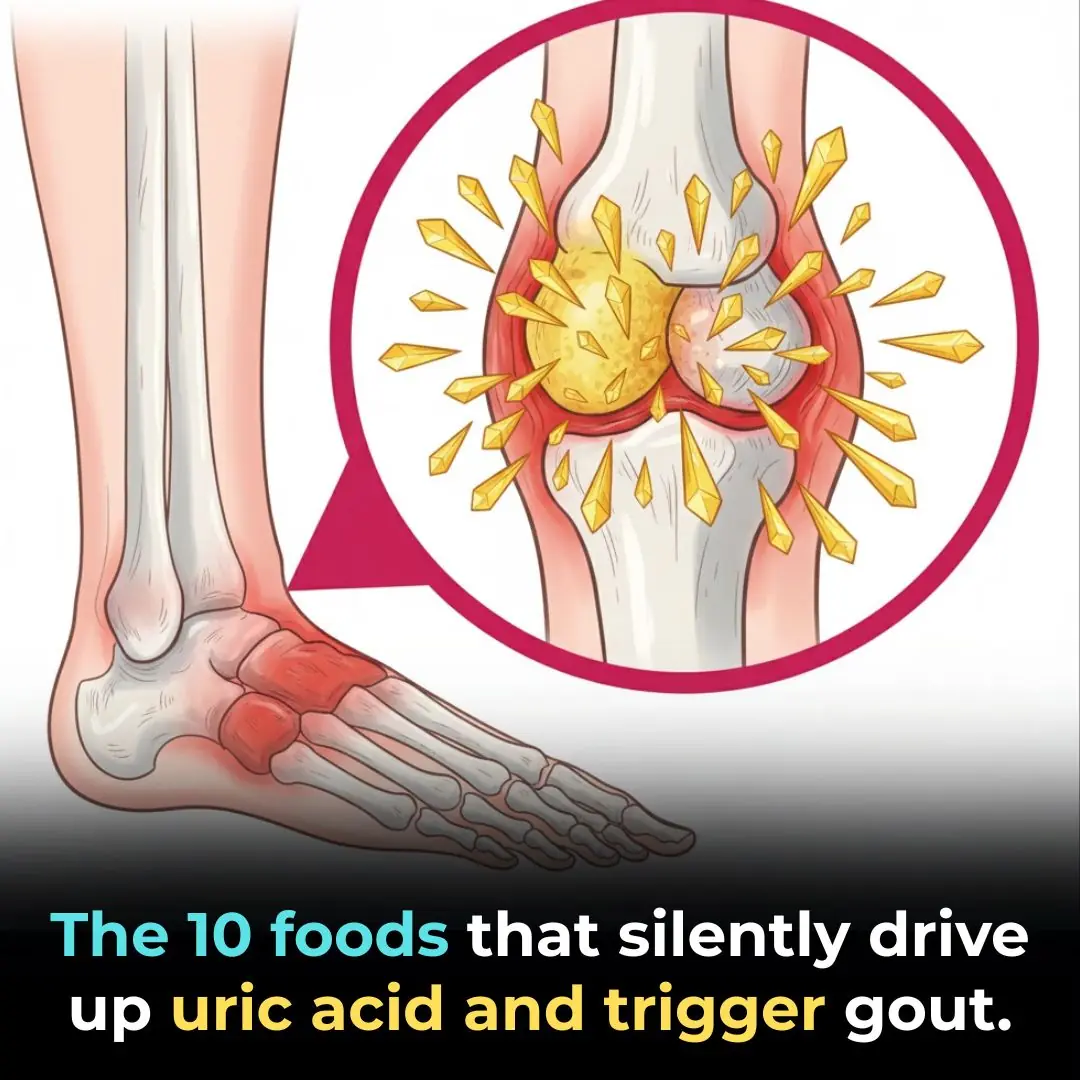
Top 10 Uric Acid Foods To Avoid If You Have Gout

Belgium’s Floating Algae Mats: A Green Breakthrough in Urban Water Purification

France Reimagines Shelter Boundaries With Community Corn Walls

5 Simple Ways to Remove Rust from Knives – Make Your Dull, Rusty Knife Shiny and Sharp Again

5 Fruits on the ‘Blacklist’ That Can Cause Cancer – Avoid Buying Even If Cheap

“New Research Reveals How Aging Impacts Male Fertility and Sperm Health”

Pork Skin – The Often Overlooked Superfood

Don’t Throw Away Lemon Peels! Use Them for These 8 Household Tasks and Save a Ton of Money

10 surprising ways to use vinegar around the house
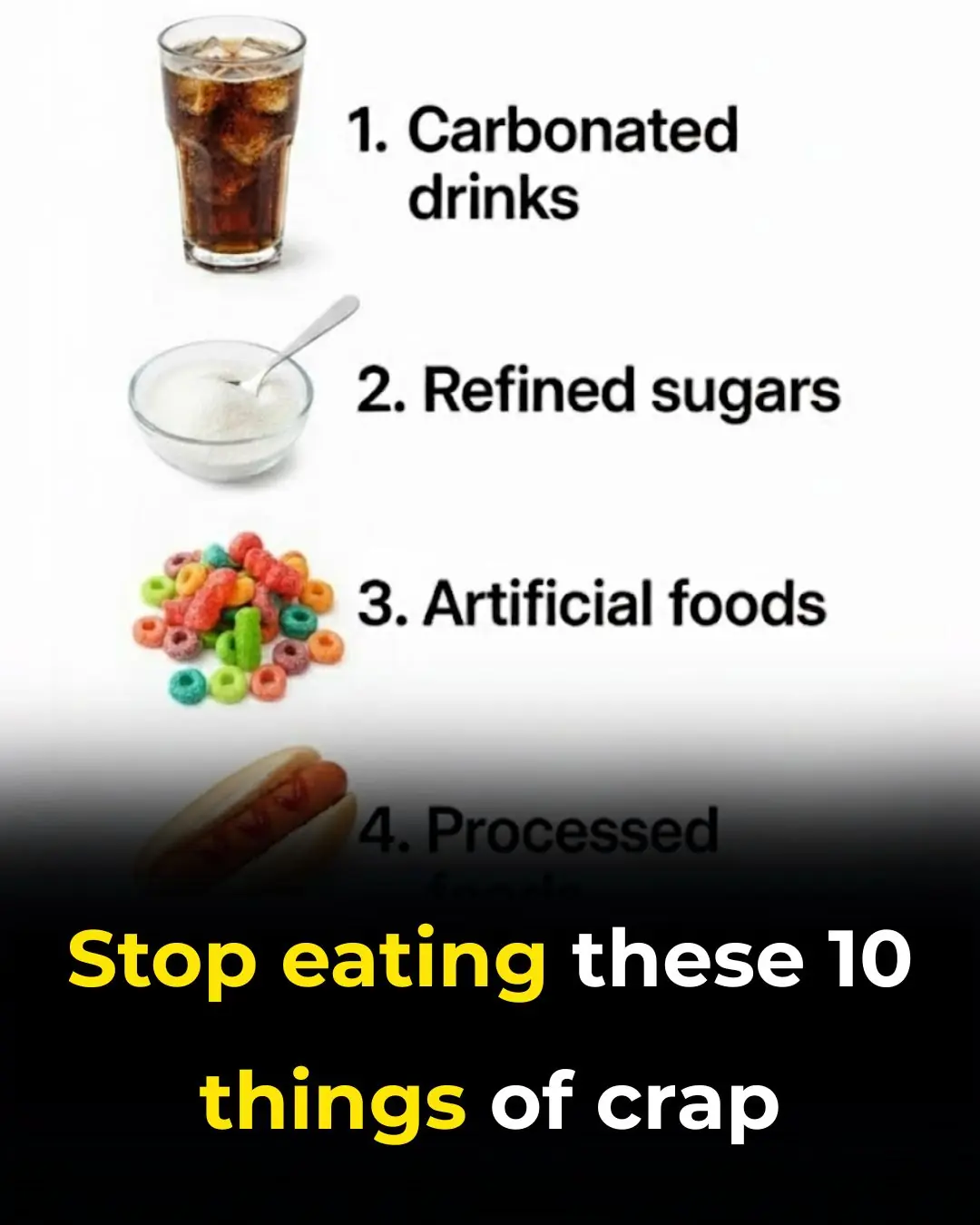
Stop eating these 10 things of CRAP

Mix Banana Peels With This and Leave It in a Corner — Roaches Will Disappear Overnight
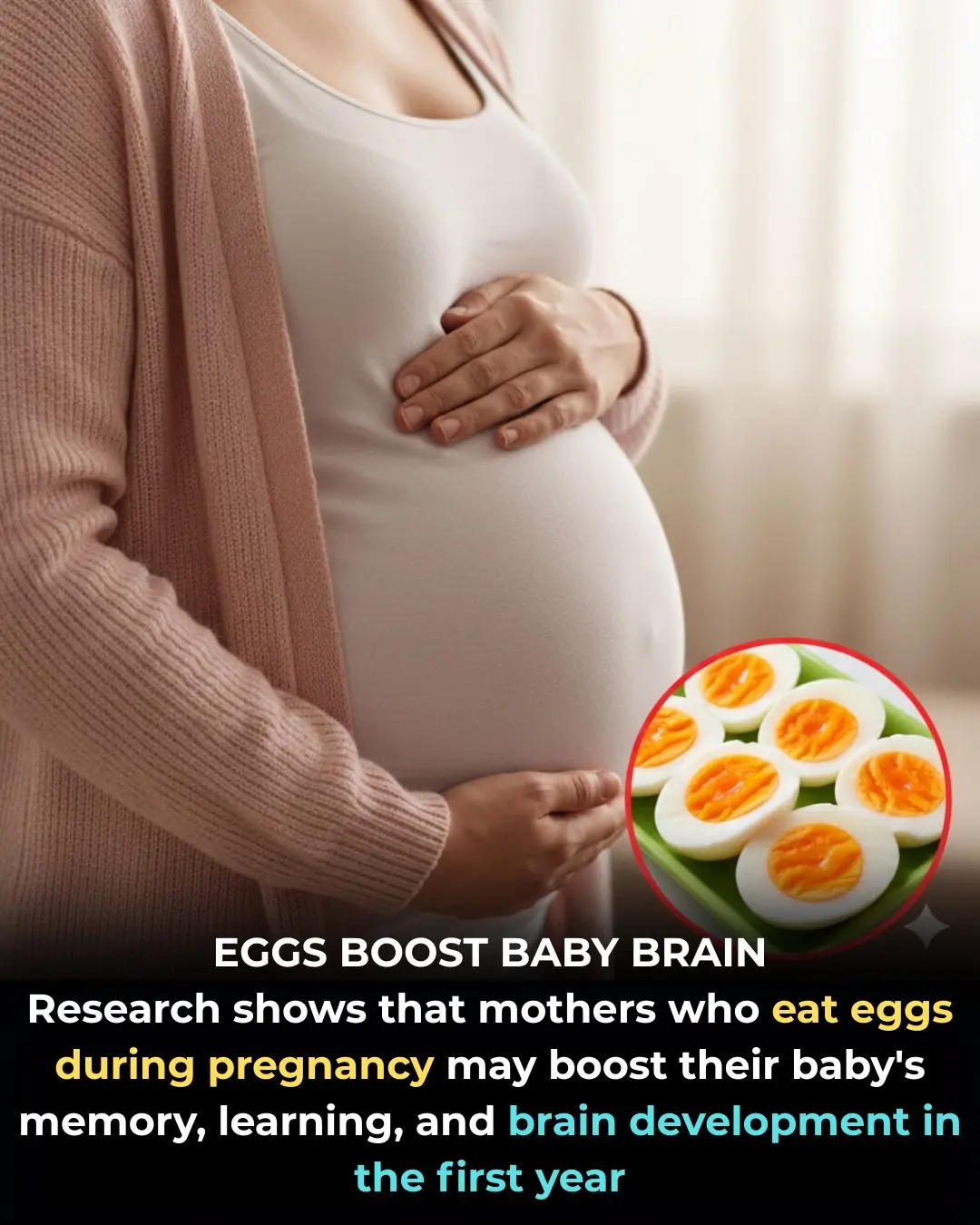
Discover how eggs support your baby’s brain development — full details in the comments!”

Weak Toilet Flush and No Suction? A Simple Trick From a Professional That Fixes It Instantly

Five “Dirtiest” Parts of the Pig That Butchers Never Take Home for Their Own Families

Blueberries: A Powerful Daily Boost for Heart Health
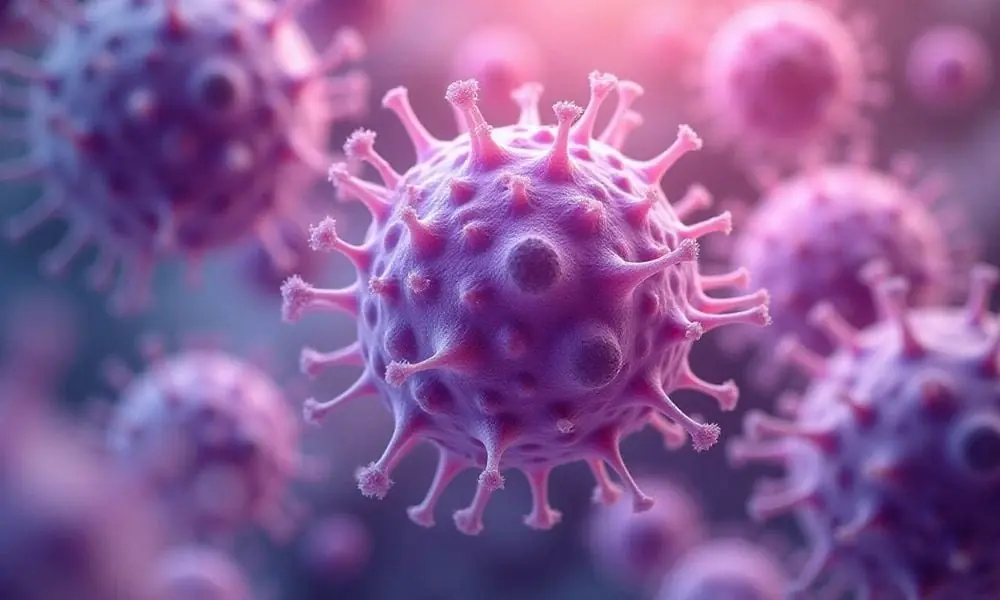
The Whole Family of Three Was Diagnosed With Thyroid Nodules; the Mother Collapsed: “I Thought Those Two Things Were Always Good to Eat and Could Prevent Cancer”

Eating More Than One Egg a Week May Slash Alzheimer’s Risk by 47%

CRISPR Breakthrough Offers Hope for a Potential HIV Cure
